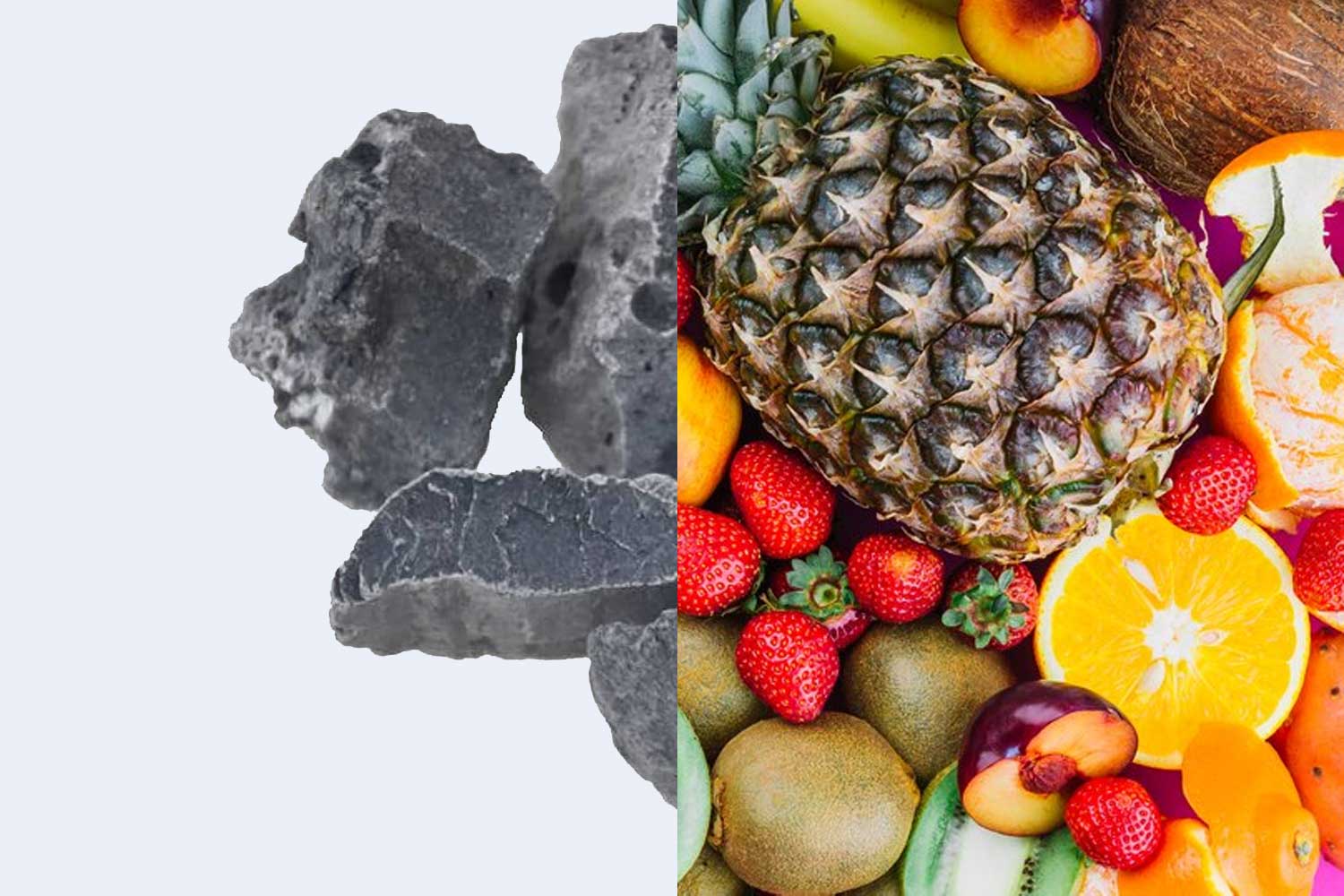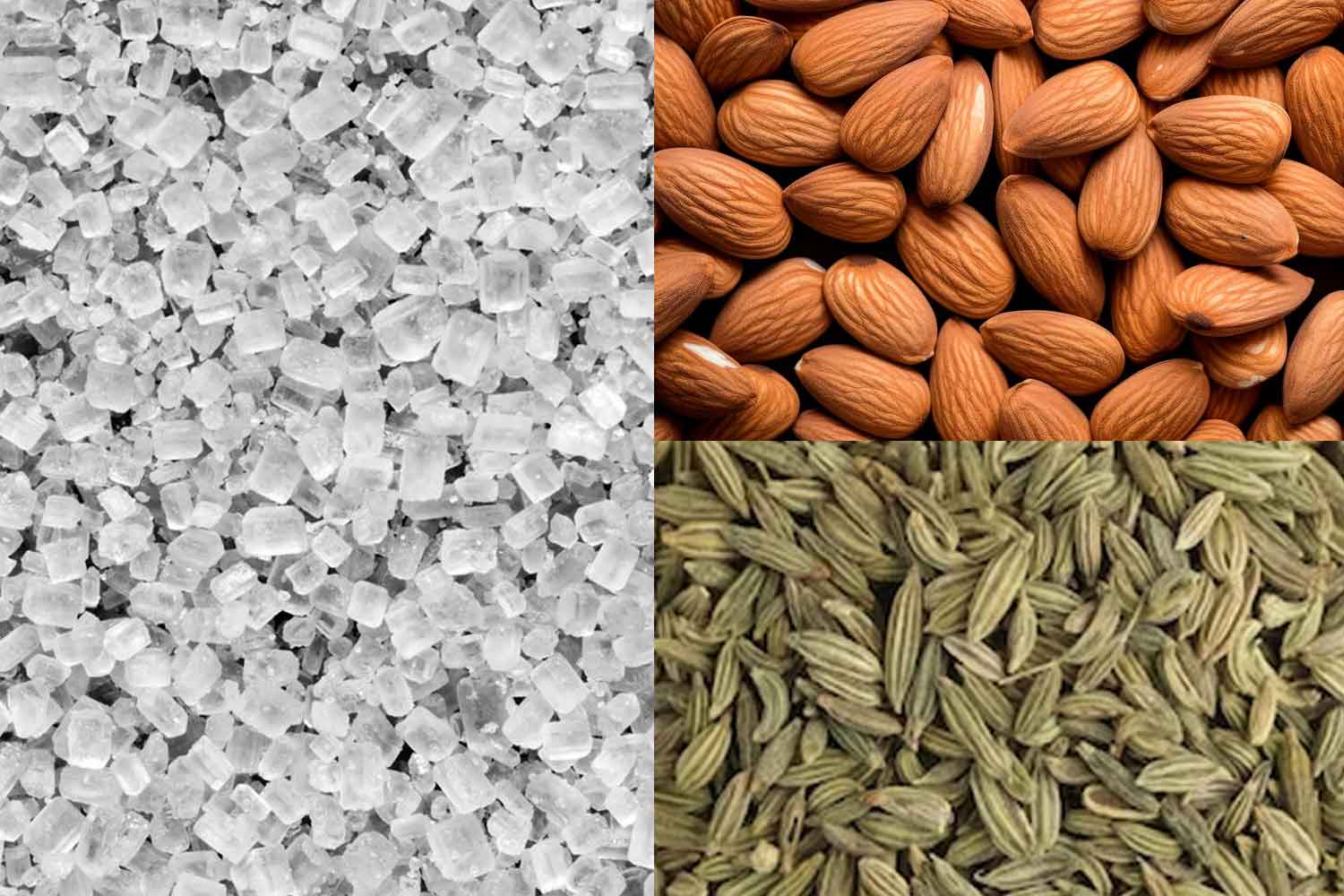Heartburn is a discomforting sensation caused by acid reflux, where digestive juices flow back into the oesophagus. Unlike the stomach, the oesophagus lacks a protective lining against these corrosive substances, making it susceptible to irritation.
What Triggers Heartburn?
While a hearty fridge raid is a common culprit, other factors can also lead to heartburn. Even moderate consumption can bring it on for some individuals.
Quick Fixes: Antacids
Antacids, readily available over the counter, offer effective relief. However, prolonged use is cautioned, as they may mask underlying issues that require professional attention. Liquid antacids are often more potent than their tablet counterparts.
Navigating Eating Habits
Overindulgence, especially eating too quickly, can push stomach acids into the oesophagus. Taking time to savour meals can make a significant difference.
Vertical Advantage
Maintaining an upright posture aids in preventing acid from escaping the stomach. Elevating the head of your bed by 4 to 6 inches also discourages heartburn.
Watch What You Eat
Contrary to popular belief, milk and mints can exacerbate heartburn. They relax the lower oesophagal sphincter, allowing acid to escape.
When to Seek Medical Attention
Frequent and unexplained heartburn may warrant a doctor’s visit. If experienced two to three times a week for over four weeks, it’s time to consult a physician. Additionally, be vigilant if heartburn is accompanied by alarming symptoms like difficulty swallowing, vomiting blood, or chest pain radiating to the neck and shoulder.
Dietary Choices Matter
Certain foods and drinks can aggravate heartburn. Fatty, greasy, and fried foods, as well as caffeine and alcohol, can be triggers. Although a beloved treat, chocolate can be a double-edged sword for heartburn sufferers.
Natural Remedies: Herbs for Relief
Herbs like gingerroot, bitters (gentian root, wormwood, and goldenseal), and aromatic herbs (catnip, fennel) alleviate heartburn. However, caution is advised with some herbal options, like Irish moss, plantain, and slippery elm.
Apple Cider Vinegar Trick
A teaspoon of apple cider vinegar in half a glass of water during a meal is a tried-and-true remedy. Surprisingly, this acidic solution can have a soothing effect.
Lifestyle Adjustments
Avoid Smoke
Tobacco smoke, whether your own or secondhand, relaxes the sphincter and promotes acid production.
Ditch the Fizz
Carbonated drinks can expand the stomach, akin to overeating, exacerbating heartburn.
Mind Your Posture
Bending at the knees instead of the stomach can help control acid reflux and is easier on your back.
Medication Review
Certain prescription drugs, including some antidepressants and sedatives, may worsen heartburn. Discuss your medications with your physician.
Moderate Spices and Citrus
Spicy foods like chilli peppers may not always trigger heartburn. Similarly, acidic fruits like oranges and lemons can be tolerated by some individuals.
Timing Matters
Avoid eating within two hours of bedtime to prevent stomach acid from creeping into the oesophagus.
Stress Management
Reducing stress levels can help balance body chemistry and potentially reduce acid production in the stomach. Relaxation techniques are recommended.
Maintaining a Healthy Weight
Excess weight, especially around the abdomen, can increase pressure on the stomach, leading to acid reflux. Adopting a balanced diet and regular exercise can help manage heartburn.
By incorporating these expert-backed strategies into your routine, you can take significant steps towards minimizing heartburn discomfort. Remember, consistency is key, and listening to your body’s signals is paramount for long-term relief.












